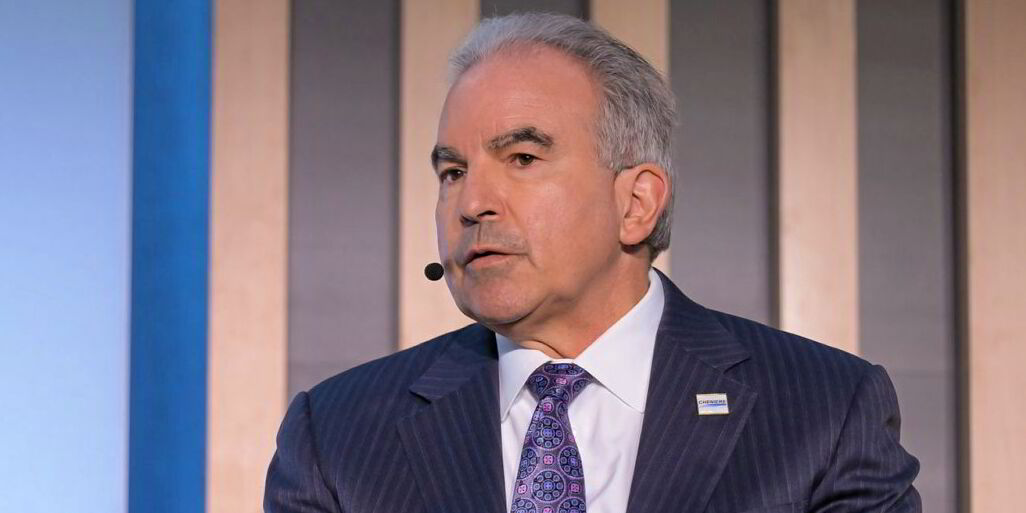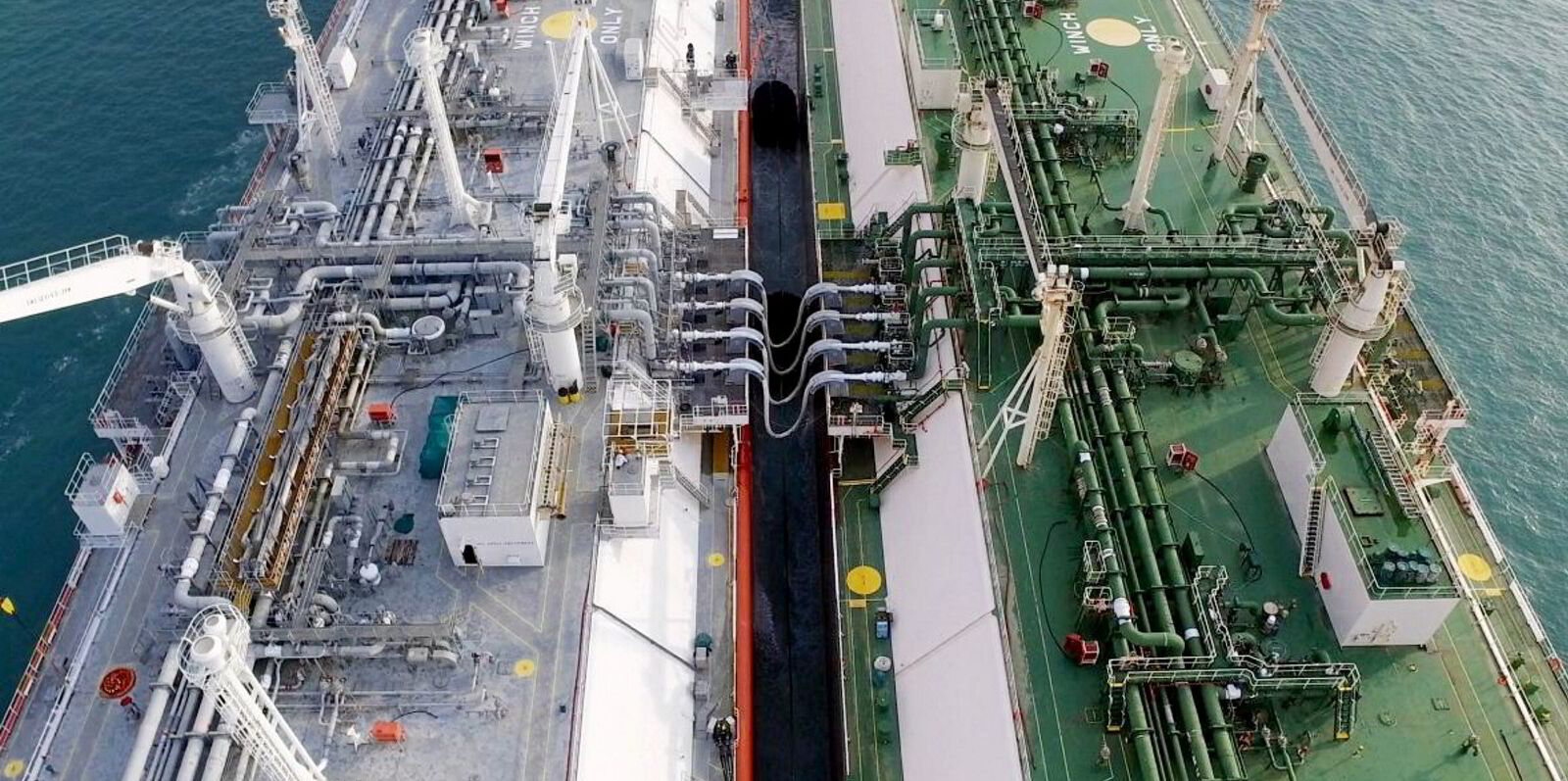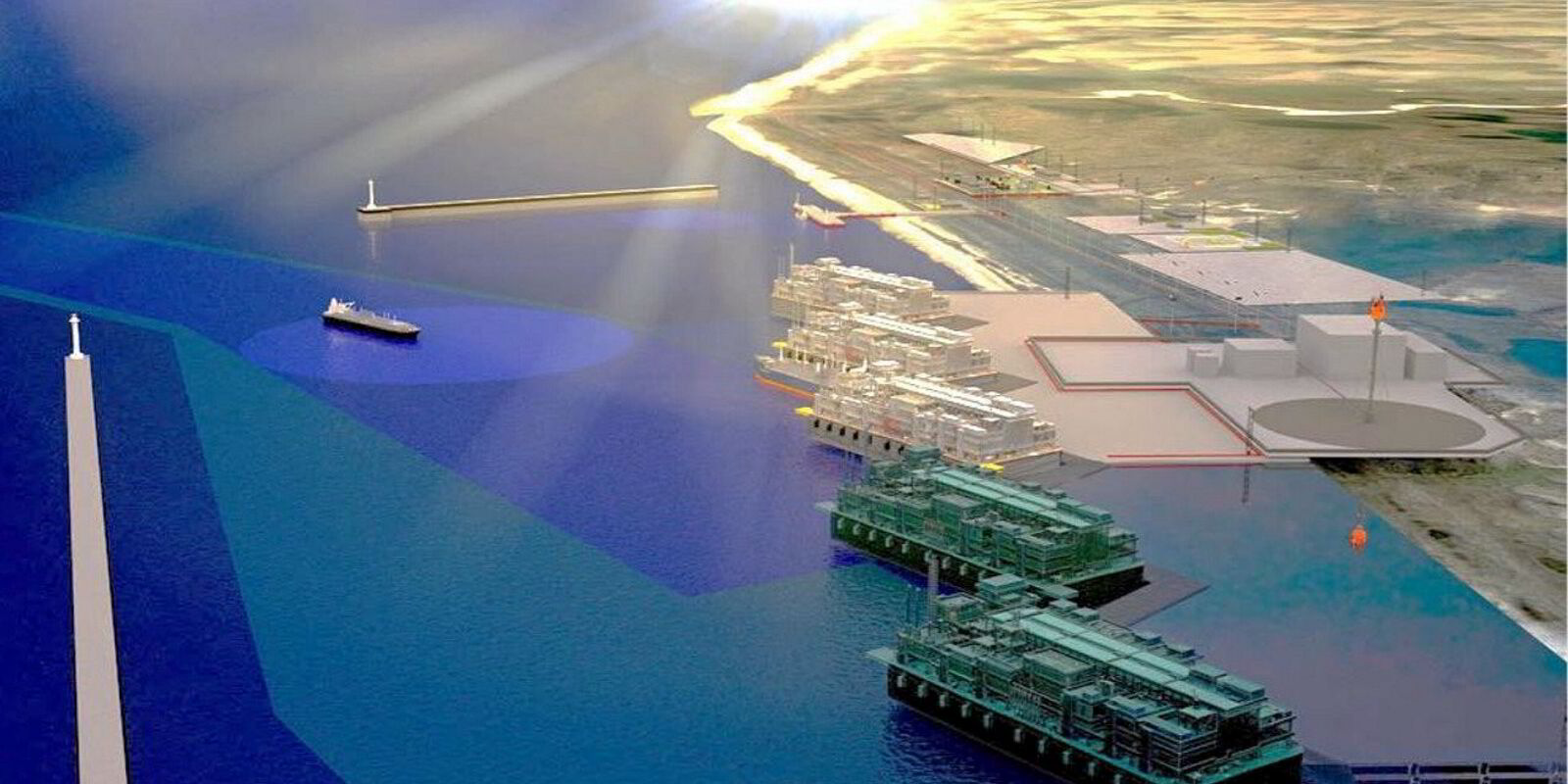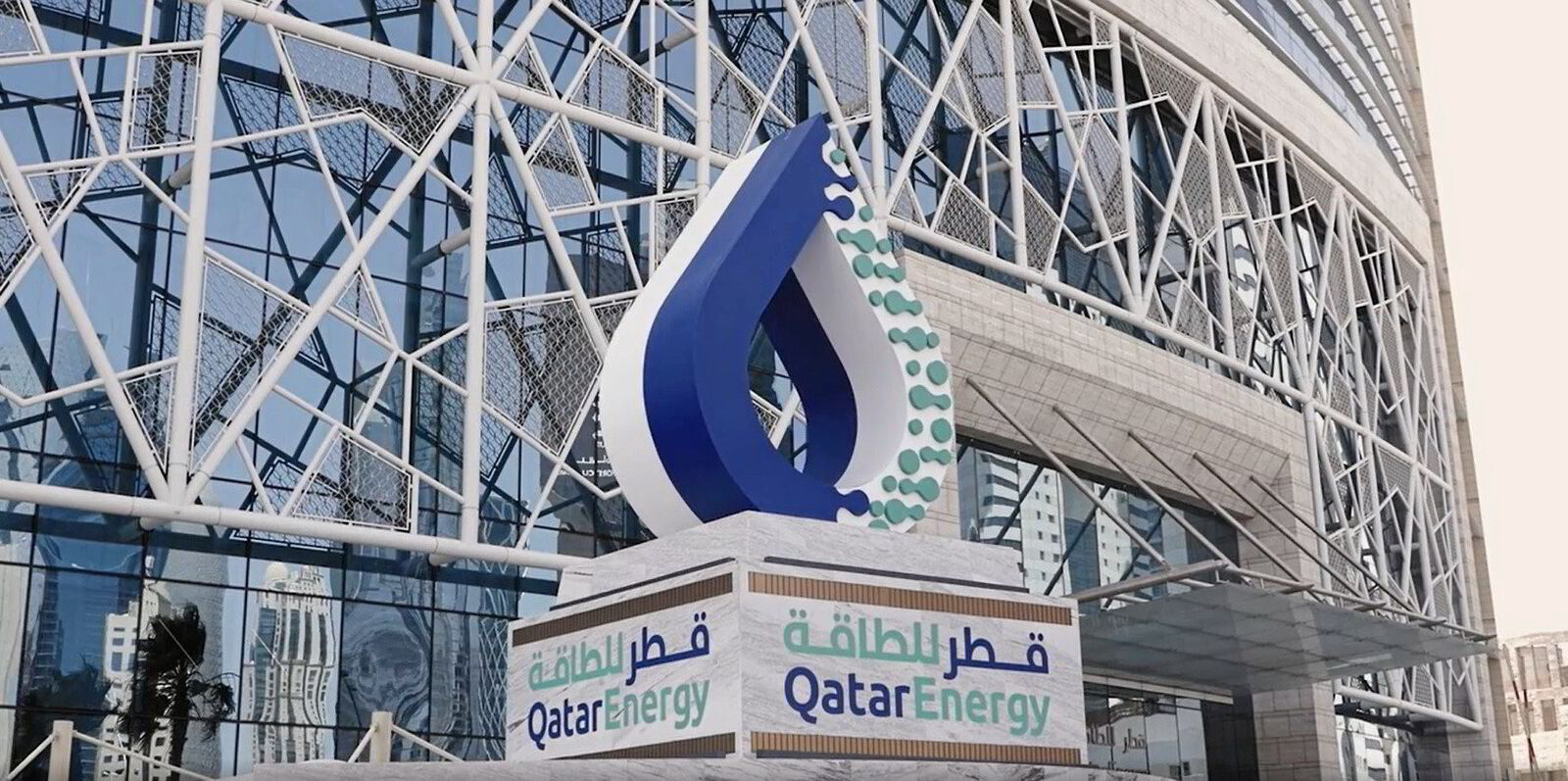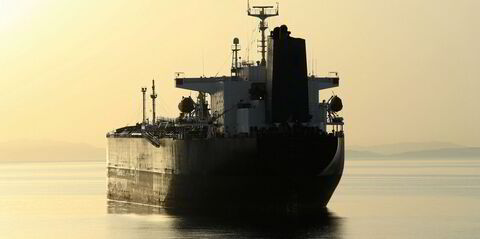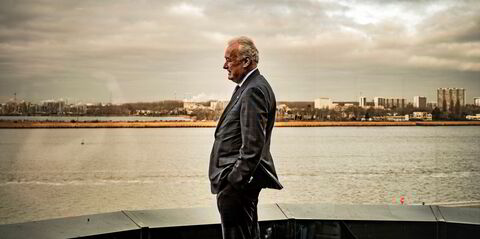Project delays and hold-ups are likely to extend LNG supply constraints in global markets by a year or more, the US’ largest producer said.
Speaking on a results call, Cheniere chief commercial officer Anatol Feygin said the supply-demand balance remained delicate during the second quarter.
Global LNG trade growth was constrained by minimal supply growth and Asian demand was met by pulling cargoes from Europe.
He said China and India dominated as buyers, leaving little for emerging markets such Hong Kong, Vietnam and the Philippines — which became the world’s 40th LNG importer last week.
“We expect this seemingly fragile market balance to continue until additional LNG export capacity comes online,” Feygin said.
In the longer term, Cheniere expects Asian demand growth to nearly double by 2040, but Europe will also need incremental volumes.
He said the Asia growth will be spread across multiple markets.
Answering analysts’ questions, he said: “We see the dedication to gas writ large. We see these emerging markets in south and South East Asia as being very hungry for gas.”
But he said everything being seen in the current markets is pushing supply constraints out by around a year to 2026 to 2027, when new capacity should come online.
Chief executive Jack Fusco said Cheniere wants to become the “world’s LNG supplier of choice from US”.
He flagged up the new 20-year sale-and-purchase agreement signed with Portugal’s Galp this week for 0.5m tonnes per annum of LNG from Cheniere’s Sabine Pass LNG expansion project in Louisiana.
He said it demonstrates the important role US LNG will fulfil in the European energy system for decades to come.
It is Cheniere’s “longest-dated contract with a European counterparty”, according to Fusco. The deal is expected to extend beyond 2050.
The CEO said the Biden administration’s ban on approvals for new LNG projects is not likely to be settled until after November, when the presidential election is held, but he said it would not affect anything Cheniere does.
The company’s net income in the first half crashed back 80% to $1.4bn from $6.8bn a year earlier.
Revenue was down 34% at $7.5bn compared with $11.4bn in the first six months of 2023.
Second-quarter figures were also lower, with net income down 36% at $880m and revenue down 21% at $3.3bn.
Cheniere blamed the net income falls on lower margins on its delivered LNG and unfavourable derivatives changes indexed to international gas and LNG prices, partly offset by lower provisions for income tax.
The company exported 155 cargoes in the second quarter of 2024.
It expects to produce 45m tonnes of LNG this year.
Fusco said the Stage 3 expansion project at its Corpus Christi LNG development in Texas is about 62% complete.
The company expects to produce LNG from its first train this year and bring on three liquefaction trains by the end of 2025. It is expected to take a final investment decision on its midscale trains 8 and 9 at Corpus Christi next year.
Financial guidance was increased to between $5.7bn and $6.1bn in consolidated adjusted Ebitda on the back of its improved production forecast for the rest of the year, minimal amount of unsold LNG volumes and maintenance turnaround.
